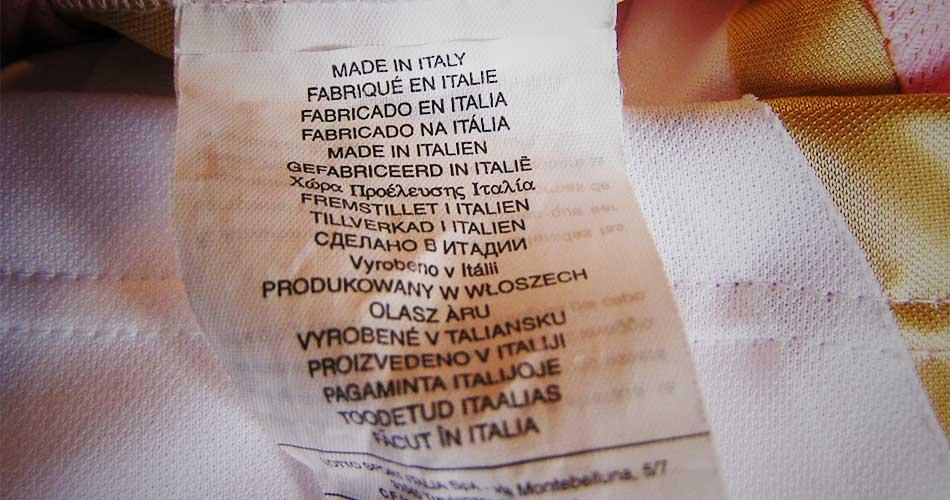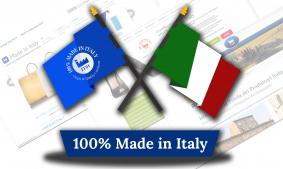They say that beauty is in the eye of the beholder. And perhaps this is true for all, even for malice. So before a harmless question like "what are you wearing today?" Could launch you in the description of the most intimate details.
Or you could watch you carefully and decide to find out seriously.
Labels, blessing
What are you wearing today? A T-shirt? Trousers? A jeans? And that fabric? Product where? From who? In contemporary Western society, where often the clothes make the monaco, you may be surprised to discover unaware of what you are wearing, which sported, you choose to represent you.
The more careful read them carefully. The mothers consult to gain indications for washing and straightening. Some ignore them and just. Others, impatient, cut them before they can begin to sting, itch, annoy. Are the labels, a mixed blessing. Tiny, mileage, soft or very strict. In any case indispensable.
fashion-clothes-hanger-clothes-rack-clothing
Consumer rights: what must be labeled?
The Consumer Code states that are mandatory on all textile products, and is a requirement that part of a series of rights: those of the consumer. The right to health protection, first of all. And then the security, quality of products and to provide proper information. That's why on the labels must be reported brand, type of fabric - all the materials of which it is composed with relative percentages - Country of origin and, if located outside the European Union.
Understand what material is the t-shirt we are wearing short, what is relatively simple: just consult the label. What is more problematic is instead go back to its place of production of unrelated industries clothing they choose to perform various operations in different countries.
The origin of the product: a controversial issue
According to the EC, the country this shall be considered the one where they underwent their last substantial working. For instance, the place where the item of clothing was actually packed. The real problem, however, is another: the new EU regulation came into force in 2012 has decided not to make it mandatory on the label the place of origin. No more "Made in", then. The reason? Officially it is the fear that the indication of the country of origin could create a bias in the consumer and that this hinders the free movement of goods. Put simply: what if no one bought more Made in China prefer to Made in Italy?
blue-pattern-texture-macro
The match between price and quality
Accustomed to a rampant outside world, we often forget our own primates: one in the fashion industry is by far the most important. Famous throughout the world, the Italian suits are universally appreciated: Made in Italy is synonymous with originality, attention to detail and quality. A quality that often passes for particular strictly treated at hand.
Ironically it is the cost of labor to force companies to relocate production in Eastern Europe and Southeast Asia. Being poor areas, where the legal minimum wage is significantly lower than in Italy. But there's more: often the salary of workers is below even the decent minimum wage. Underpaid, forced to work many hours in a row in exhausting conditions, exploited victims - women - sexual harassment: these are the conditions of those who work in the textile sector.
fashion-business-suit-jacket
The price to pay is that of trust
Relocate production means lower prices and maximize the gain. The consequence is that if the product remains more or less high quality standards, it does so at the expense of workers.
And the consumer what is left? Establish the obligation to label the country of origin is to make the conscious consumer: means let him know where a garment is produced, by whom, with what care and attention. The impact on working conditions could be surprising: the mere fact of having to declare to work in places where the strictest minimum wages very low could trigger a virtuous circle and encourage companies to do better. Of course, at least in the short term, the economic impact on multinationals would be expensive so it is not hard to imagine the pressure on the European Union committed to make regulations.
The fight, after all, is never one between Made in China and Made in Italy, but of interest between business and consumer interests. And to pay the price, perhaps, they are both: the citizen loses in awareness, but the companies will play trust. And trust in the long run, it pays. And also good.
[Source: tasc.it]







